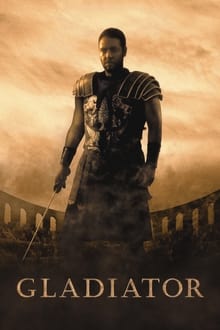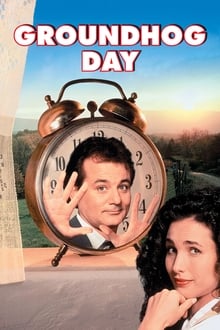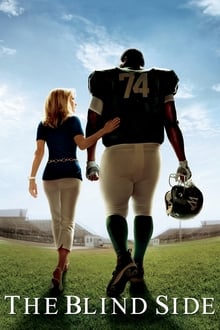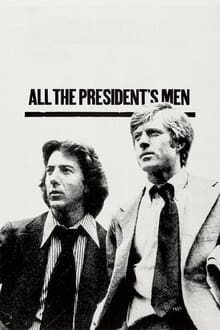300 (2006)

Overview
In the Battle of Thermopylae of 480 BC an alliance of Greek city-states fought the invading Persian army in the mountain pass of Thermopylae. Vastly outnumbered, the Greeks held back the enemy in one of the most famous l...
Starring Cast
Where to watch
Rating categories
Overview
In the Battle of Thermopylae of 480 BC an alliance of Greek city-states fought the invading Persian army in the mountain pass of Thermopylae. Vastly outnumbered, the Greeks held back the enemy in one of the most famous l...
Starring Cast
Where to watch
Detailed Analysis
Primary
The film's central thesis explicitly promotes conservative ideology by glorifying traditional martial values, unwavering patriotism, and the defense of a specific, hierarchical 'Western' freedom against a caricatured, decadent 'Eastern' threat, making it a clear endorsement of right-leaning themes.
The movie '300' features traditional casting for its heroic leads, without any explicit race or gender swaps of established roles. Its narrative positively frames traditional identities, celebrating themes of strength and sacrifice without engaging in critique or centering modern DEI themes.
Secondary
The film '300' does not contain any identifiable LGBTQ+ characters or themes. Its narrative is solely focused on the historical battle, resulting in no portrayal of queer identity within its scope.
The film primarily depicts the battles of male Spartan warriors. No female characters are shown engaging in or achieving victory in close-quarters physical combat against male opponents.
The film "300" is an adaptation of Frank Miller's comic series, which itself is based on historical events. All major and named characters in the film maintain the same gender as established in the source material and historical accounts.
The film adapts a graphic novel depicting ancient Spartans and Persians. Spartan characters are consistently portrayed as white, aligning with the source. Persian characters, including Xerxes, are highly stylized in both the graphic novel and the film, making a definitive racial baseline for a 'swap' difficult to establish. No clear instance of a character's established race being changed is present.
Rating Breakdown
Overall Rating
Combines user and critic ratings from four sources
User Ratings


Critic Ratings


More Like This



















